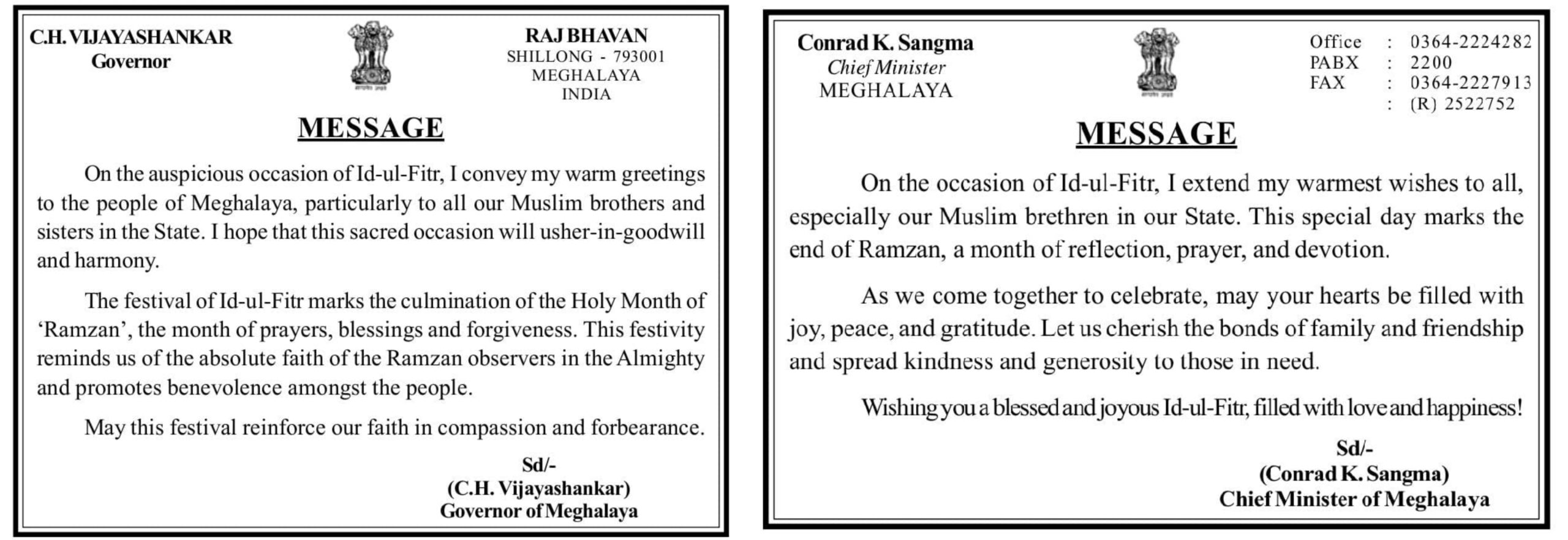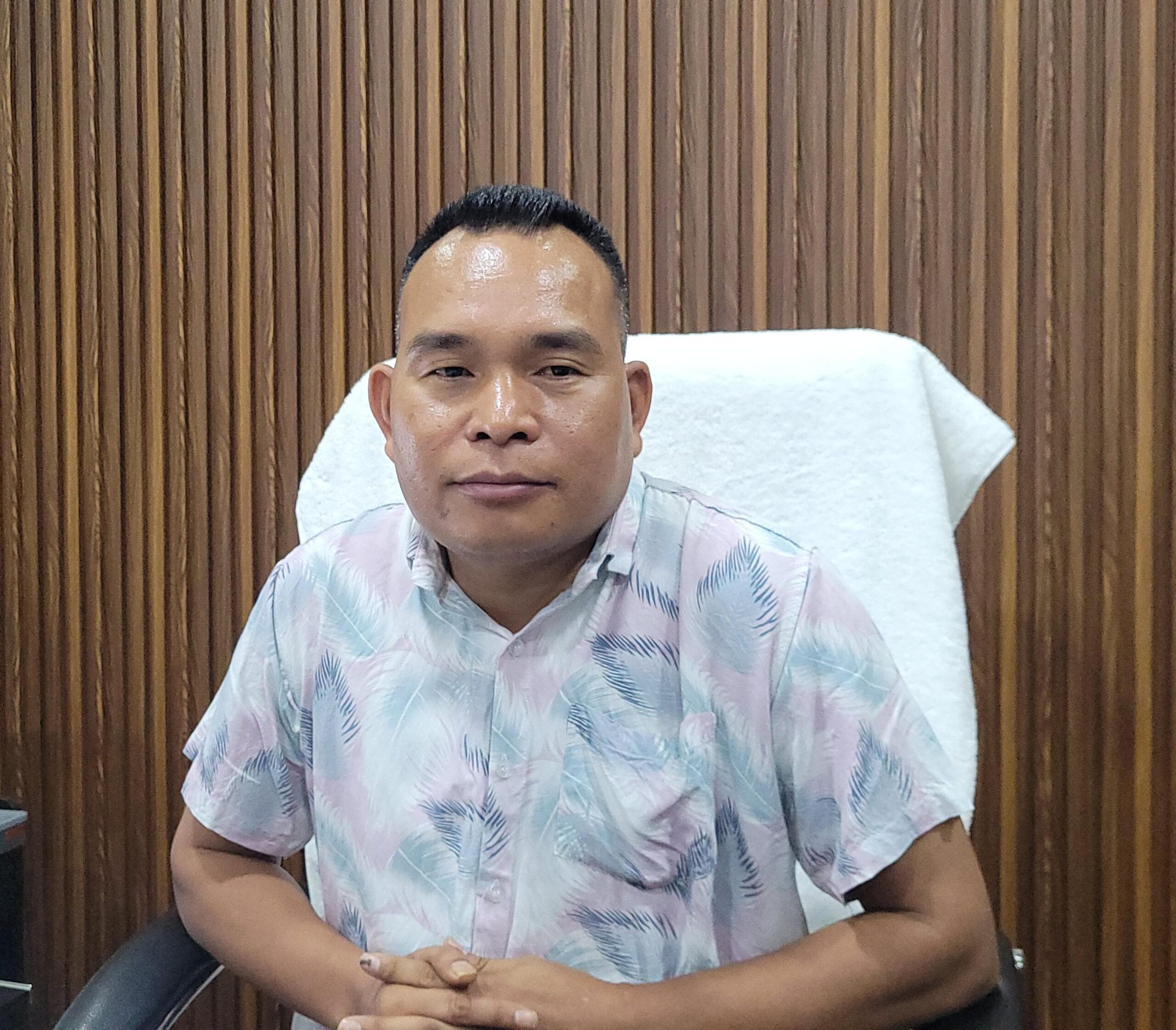Joining the bandwagon, Meghalaya’s Education Minister and National People’s Party (NPP) leader, Rakkam A Sangma, has come out strongly against any attempts to declare the cow as “Rashtra Mata” (Mother of the Nation). Sangma expressed his disapproval of cow vigilante groups, calling them extremists and unworthy of being considered true Hindus or Indian citizens. “These people should be in the jungle rather than in the country,” Sangma remarked, adding, “They should be termed as extremists or terrorists, and they are not fit to be Indians.”
His comments were in response to the Gau Pratishtha Andolan (GPA)’s proposed “Gau Dhwaj Yatra,” which aims to elevate the cow to the status of Rashtra Mata and advocate for a nationwide ban on cow slaughter.
Sangma defended the consumption of beef, especially during cultural and religious festivals such as Christmas, asserting that it is a part of Meghalaya’s heritage. “Eating beef should not be linked to religion,” he emphasized. “It is an integral part of our tribal culture and our festivals. True Hindus respect other cultures and beliefs.”
He further criticized the cow vigilante groups, stating, “I think these people are illiterate; they know nothing about the Constitution, the sovereignty, or the diversity of culture in our country. They are not fit to be Indians. Who are they to advise what we should or should not eat?”
Sangma reiterated that the freedom to consume beef is protected by the Constitution, and urged the vigilante groups to educate themselves. “For me, nobody on earth can stop me from eating what I want. Beef is one of my favorite foods, and we eat it almost every day at home. It is part of our food culture.”
Meanwhile, the Gau Pratishtha Andolan announced that Jagadguru Shankaracharya Avimukteshwaranand Maharaj would preside over the “Gau Dhwaj” installation on October 2. Several NGOs and pressure groups in Meghalaya have called on the state government to prevent the Yatra from entering the state, citing cultural and religious sensitivities.


